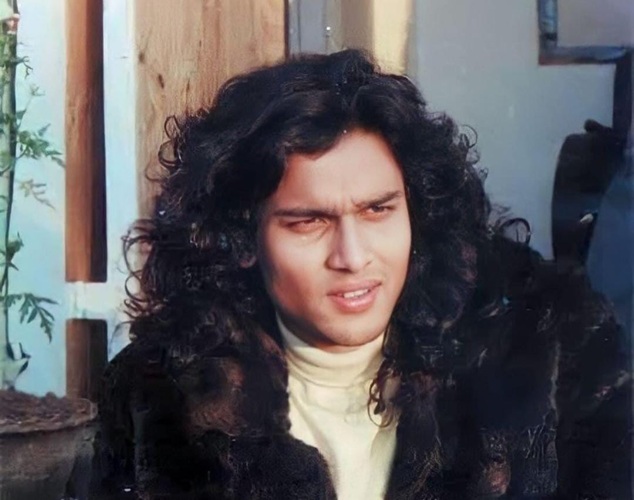Guwahati: The heart of Assam fell silent on Tuesday as the mortal remains of music legend Zubeen Garg were consigned to flames at Kamarkuchi, on the outskirts of Guwahati.
The final rites, performed in the presence of family, friends, and thousands of grieving admirers, carried the air of both solemnity and celebration of a life that touched millions.
His sister, Palme Borthakur, and his protégé, music composer Rahul Gautam, lit the funeral pyre, as chants of Vedic mantras and the sound of conch shells filled the air.
His wife, Garima Saikia Garg, remained seated near the platform, overcome with grief, while people gathered around chanted his name and sang his immortal songs.
A gun salute by Assam Police marked the state’s last tribute to one of its most beloved sons.
Among the rituals, a piece of sandalwood—cut from a tree Zubeen himself planted on his birthday in 2017—was placed on the pyre, a reminder of his deep connection with nature.

Leaders including Union Ministers Sarbananda Sonowal and Kiren Rijiju, as well as Chief Minister Himanta Biswa Sarma, also paid their respects by offering wood to the flames.
For the people of Assam and beyond, Zubeen was far more than a singer.
His career spanned four decades, producing over 38,000 songs in 40 languages, films that carried his signature energy, and stage performances that stirred the soul.
From the national spotlight he earned through Ya Ali to his daring forays into acting, directing, and composing, he embodied the restless spirit of an artist who refused to be confined.
Yet Zubeen was never just about music. He was unpredictable, outspoken, and unapologetically real.
He questioned traditions, challenged politics, and often found himself at the centre of controversies.
But that raw honesty, coupled with his deep compassion for the downtrodden, love for animals, and fierce devotion to his roots, made him an icon to generations who saw themselves in his words and his contradictions.
He could make crowds laugh with his banter, rile critics with his stage antics, and then move an entire stadium to tears with a song about love, longing, or loss.
He was as likely to rant against hypocrisy as he was to pour his heart out about his late mother, sister Jonki, or his rescued dogs and birds.
These very contradictions defined the magic of Zubeen Garg—the rebel, the dreamer, the poet of the people.
Even as fame in Mumbai beckoned, Zubeen returned home, convinced that his place was with his people, by the Brahmaputra.
He often said he could have chosen wealth, but instead chose responsibility.
His untimely death in Singapore at 52 has left behind unfinished dreams: unwritten songs, films never made, an autobiography he planned to call Eucalyptus, and a home by the river that will now stand as a monument to what could have been.
But Zubeen Garg’s story does not end with his death. His voice continues to echo in every Assamese household, in every Bihu stage, in every heart that once sang along to his music.
On Tuesday, as his body turned to ash and smoke, the chants of “Zubeen, Zubeen” rose with the flames, a promise from the people that their beloved singer will never be forgotten.















